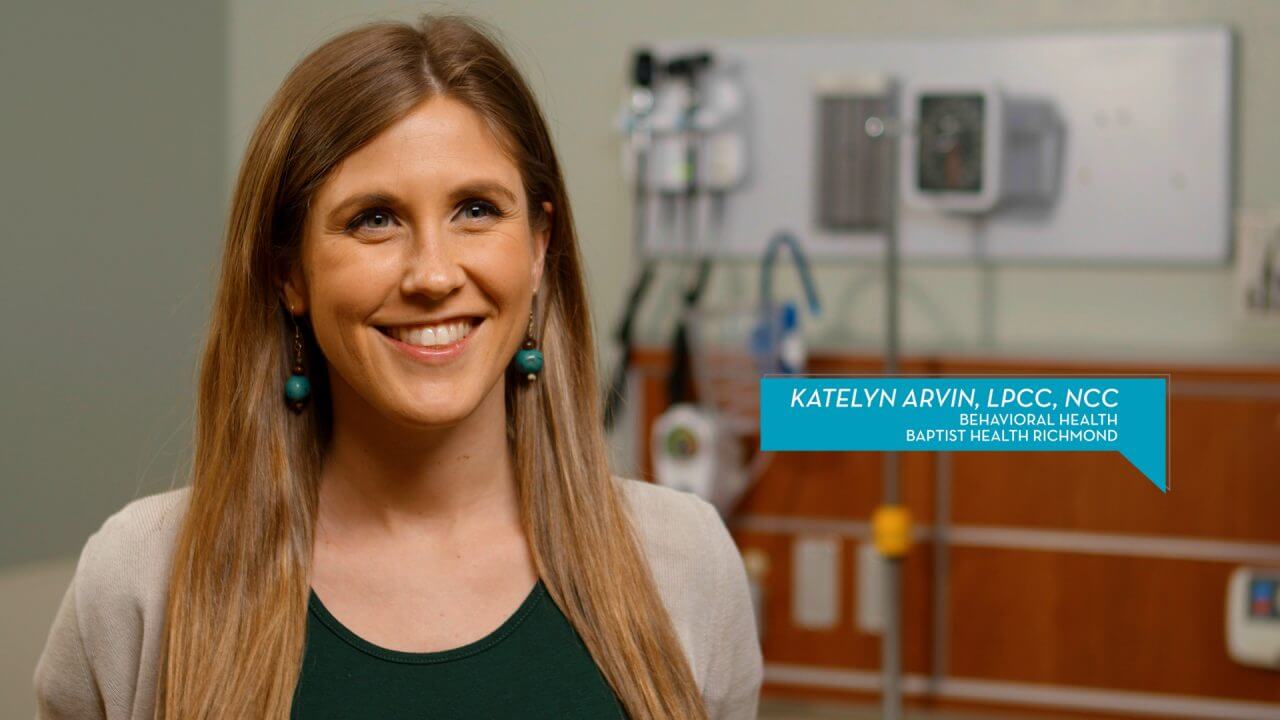Common Treatments for Depression

Depression is a common but serious illness that causes ongoing feelings of sadness and loss of interest in activities that a person previously enjoyed. Unlike temporary sadness, these feelings last for more than two weeks and can lead to difficulty in functioning at home or work. Fortunately, depression is treatable and your doctor can talk with you about the many options for helping you get well.
Important note: If you are struggling with depression and have thoughts of harming yourself or someone else, you should seek help immediately by calling the National Suicide Prevention Lifeline at 1-800-273-8255, dialing 911, or going to a hospital emergency room.
Medications for Treating Depression
Depression is a complex illness that can take many forms. Consequently, addressing it involves finding the right treatment or combination of treatments. Medication is one of the elements of most treatment plans. Your primary care doctor or psychiatrist can prescribe one or more drugs to alleviate your symptoms. Types of medication used to treat depression include:
- Selective serotonin reuptake inhibitors (SSRIs) that make serotonin more available in your brain (serotonin is an important neurotransmitter that affects depression)
- Atypical antidepressants, which affect serotonin and other neurotransmitters such as dopamine and norepinephrine
- Tricyclic antidepressants, which are used if other medications aren’t effective
- Monoamine oxidase inhibitors (MAOIs), another option if other treatments are not alleviating symptoms
In some cases, other medications will be administered along with antidepressants to make them more effective.
Psychotherapy to Treat Depression
Your doctor may prescribe psychotherapy treatments in conjunction with your medication. Psychotherapy is sometimes called “psychological therapy” or “talk therapy” and can take different forms, such as cognitive-behavioral therapy or interpersonal therapy. These treatments involve talking with a trained therapist to work through issues that may be causing or intensifying your depression.
Other Forms of Treatment for Depression
While not as common as medication or psychotherapy, brain stimulation therapies are another form of treatment. Electroconvulsive therapy (ECT) and transcranial magnetic stimulation (TMS) are two types of stimulation therapies that affect nerve cells in the brain. They are used when a person doesn’t respond to antidepressants or can’t take them for health reasons.
It is important for anyone dealing with depression, and their loved ones, to know that depression is a treatable medical condition. There is no shame in seeking help. A happier, healthier life can be achieved with the help of proper treatment and support.



